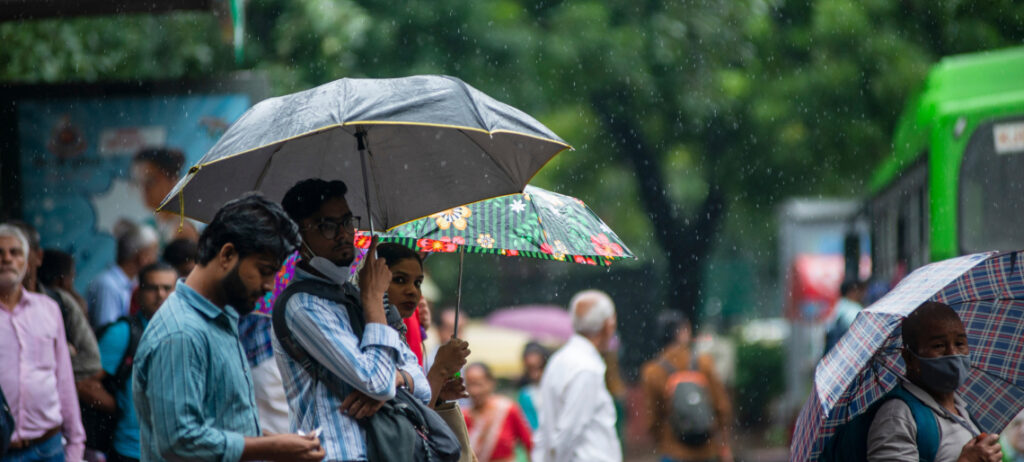Citizens and Governance in Urban India
Cities have long been engines of innovation, opportunity, and economic growth.
However, their success depends on how well they are governed.
Poor governance can lead to significant challenges, including inadequate public services, which directly impact residents’ quality of life. While the perception is that urban areas generally offer better access to services than rural areas, issues of equity persist. The urban poor often receive lower-quality services and those living in informal settlements often have limited access to essential infrastructure.
In a diverse democracy like India, governance and citizenship are deeply interconnected. The connection between a well-informed, engaged citizenry and effective governance, resulting in better urban outcomes, has long been suggested. Strengthening data-driven decision-making is essential for understanding urban challenges and guiding policy responses, particularly as India undergoes rapid urbanisation. Projections suggest that India’s urban population, 32% in 2011, could exceed 40% in the next decade, making robust research and evidence-based policymaking more urgent than ever.
THE RESEARCH INITIATIVE AND FRAMEWORK OF INSIGHTS
Recognising these challenges, we have systematically studied urban governance and citizenship in India. This has focused on understanding how citizens interact with governance structures and how service delivery affects their daily lives. Work is based on extensive fieldwork, including interviews with key stakeholders, focus group discussions, and a large-scale household survey. This effort has resulted in a comprehensive dataset covering 38,000 citizens across 17 cities in India. The research has been carried out in four phases from 2012 to 2022, offering deep insights into how governance and civic participation shape urban experiences.
Key areas include:
- The role of elected representatives and municipal institutions in governance.
- The level of citizen participation in electoral and civic activities.
- The availability and quality of essential services like water, sanitation, and electricity.
REPORTS
Below are city-specific reports from the most recently studied cities (2021–2022): Ajmer, Bhopal, Bhubaneswar, Delhi, Jalandhar, and Kolkata and Lucknow. These reports provide a deep dive into citizen participation, access to essential services, and governance structures in each city. Drawing from extensive surveys and qualitative research, they highlight key trends in service delivery, the role of elected representatives, and the impact of civic engagement.
Governance and Citizens in Urban India:
FINDINGS
Our Bangalore findings can be studied here:
- Citizenship in Urban India: Evidence from Bangalore
- Citizenship in Bangalore: A Practitioner’s Review
- Does citizenship abate class? Read our article in EPW
- Does Citizenship Abate Class? Evidence and Reflections from Bangalore, India
Opinion pieces based on the data collected on the seven last phase cities can be accessed here:
- So Far From Smart: Missing from India’s Smart Cities Plan: Citizen Participation
- Want a better quality of life?
- Hyderabad municipal polls showed booth-level officers not doing their job properly
- City municipalities are poor in fixing problems. People are turning to MLAs, middlemen, NGOs.
- Need for local access points for central administration of identity cards.
- Kochi has high levels of service delivery.
COVID-19 VACCINATION PENETRATION AMONG THE URBAN POOR
This research aimed to collect quantitative evidence on aspects around vaccine penetration among the urban poor in four cities: Chennai, Ahmedabad, Mumbai, and Kochi. The study assessed vaccine awareness, uptake, reasons for non-uptake, location of vaccine source and understanding how vaccines were coordinated. The survey was conducted from 6 May to 14 June 2021.
